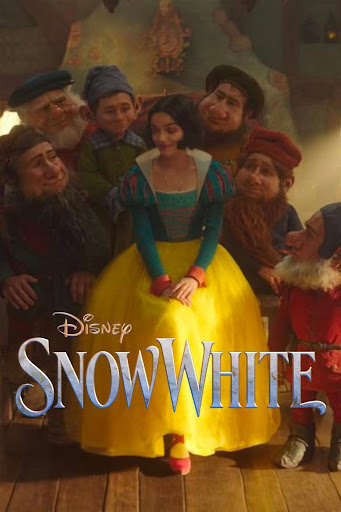Paul Thomas Anderson’s latest work intoxicates, bewilders
“This is not for you.”
So goes the preamble to Mark Z. Danielewski’s commendably labyrinthine and transparently pretentious opus House of Leaves that I must remind myself of when preparing to view a successful work of post-modernism of any sort. Knowing full well that this movie was based in the text of the great post-modern novelist — Thomas Pynchon — I’d known from the beginning that this was not for me, and perhaps this was why I loved it so.
Inherent Vice is, on the surface, a “stoner comedy noir,” but that description really fits the film’s parts more than its sum. It really is more of an experience than a conventional movie and a great one once you’ve stopped grasping at each intentionally misleading plot straw it provides. I’ll save you the cliche “Inherent Vice? More like Incoherent Vice!” gibe that’s now shown up on multiple online reviews for this film that I presume have secretly been penned by my mother under an alias. But alas, this movie is just about as incoherent as everyone says it is, though that is not necessarily a bad thing.
It is the year 1970 and hippie culture has become widely dispersed throughout the West Coast, though it is gradually metamorphosing into something commoditized and commercial rather than the genuine counterculture it began as. The impact of Charles Manson’s cult has been widely felt within the community. Police are more pugnacious than they’ve ever been to the hippies in its discovery. The hippies feel a sobering threat to both their way of life and their own general well-being from the police. And in between the shifting tides of social change and the effervescent blue tides that sweep picturesque Los Angelean shores lies a dazed and confused PI by the name of Doc Sportello (Joaquin Phoenix).
Doc is visited by his “ex-old lady” Shasta Fay Hepworth (Katherine Waterston) who informs him that she’s been seeing a wealthy real estate developer by the name of Mickey Wolfmann (Eric Roberts) and asks for Doc’s help to see to it that Wolfmann’s wife and her lover don’t have Wolfmann locked up in a looney bin.
While this is the primary plot of the film, it is fed by a number of convoluted tributary subplots that create such a sprawling range of settings and objectives that you begin to feel like you missed something when watching this film. But in all truth, this is exactly what Anderson wants you to to think. The plot is all inside your head – Doc’s head – as his permanent marijuana haze, paranoia, confusion and surreality become your own – if you haven’t already walked out of the theater at this point.
This movie has an amazing cast, one of the most perfectly selected soundtracks of any film made in the last 10 years, a sense of humor that seems largely absent from modern cinema and perhaps even Josh Brolin’s best role of all time as the straight-laced, when not beautifully and catastrophically off-beat, detective “frienemy” of Doc Sportello: Bigfoot Bjornsen.
If you’ve got the patience for it, this two-and-a-half-hour-long painstakingly accurate tribute to one of the most enigmatically brilliant post-modern authors is no doubt one of this year’s must-sees and is currently playing at a number of theaters locally and on 70mm film at The Alamo Drafthouse’s Ritz location.





